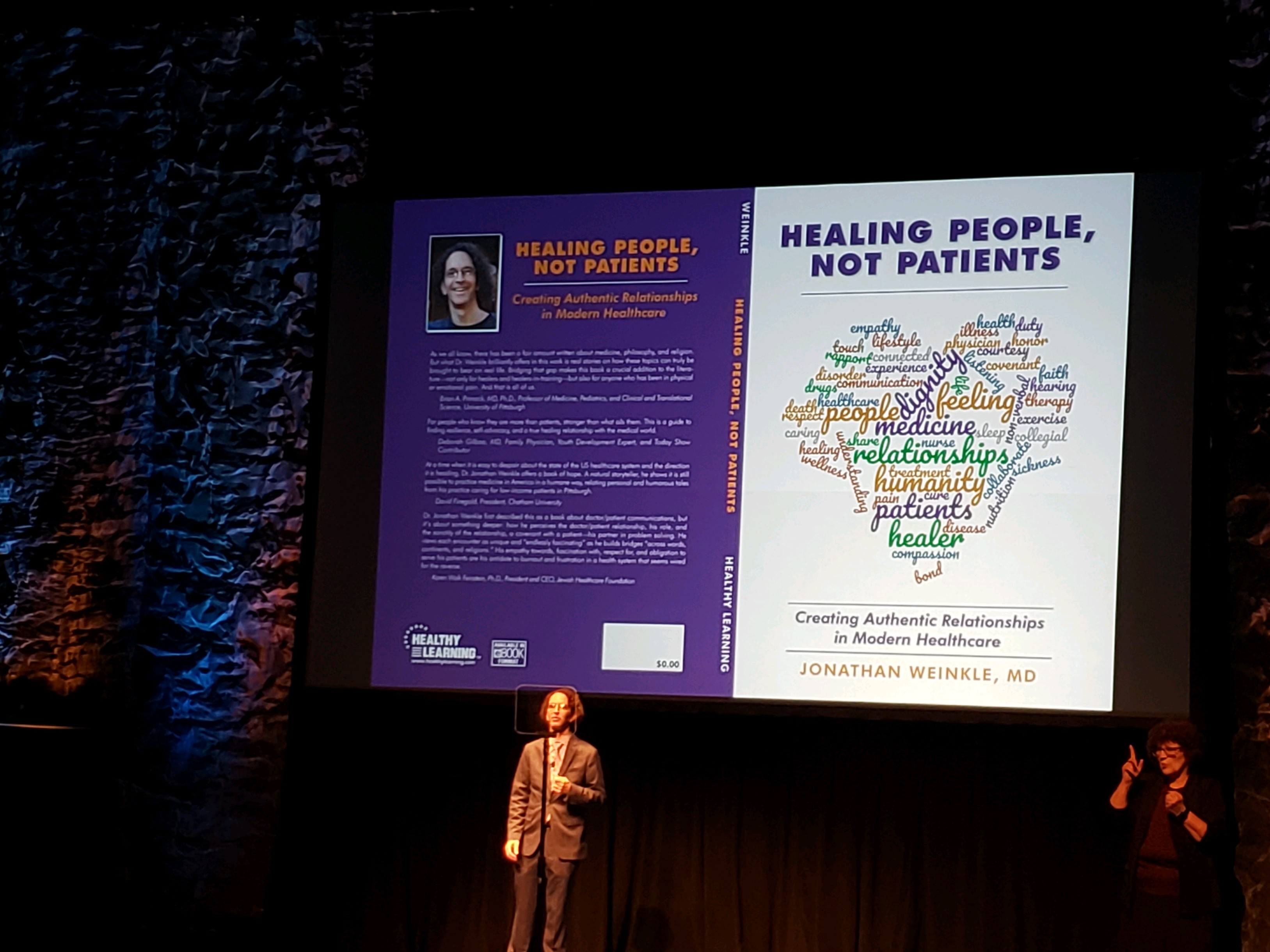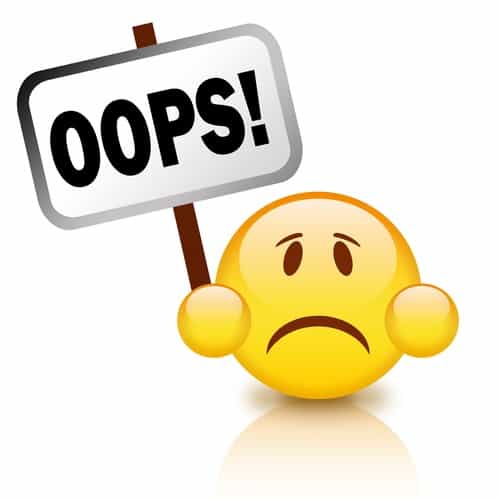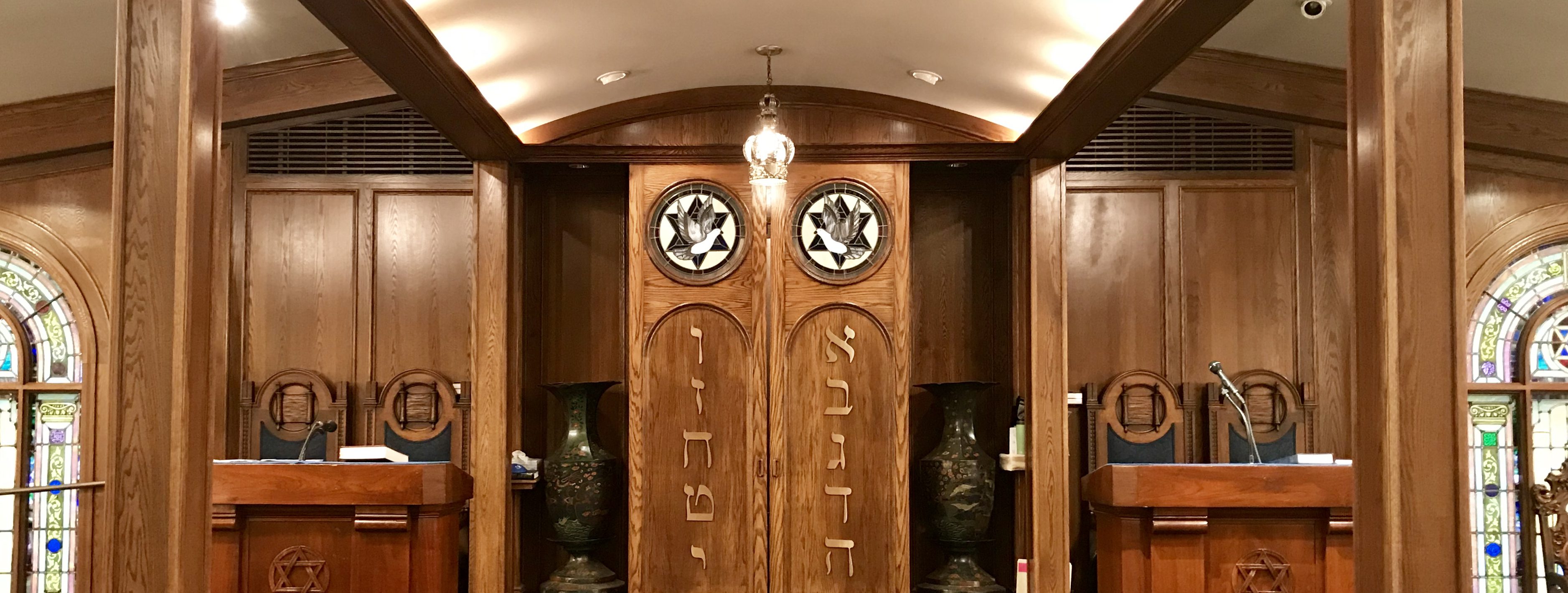One of my favorite journal articles of all time is Goldman,
Lee, and Rudd’s seminal “Ten Commandments for Effective Consultations,”
published in 1983 in Archives of Internal
Medicine. I love it because the
Fifth Commandment is “Thou shalt make specific recommendations,” but also
because it proves that even cardiologists count on their fingers – after all,
isn’t the number of digits on our two hands the whole reason the entire world
runs on a decimal system?
There are lists of ten everywhere, from David Letterman to
the Bill of Rights. My sons are
constantly making lists of the top ten best athletes in every sport, and then
arguing about them as though there is one “right” answer (“How can you say Paul
George is any higher than number 7!?!”).
Even Hamilton and Burr had “Ten Duel Commandments (more on those later).”
Tomorrow night begins the Jewish holiday of Shavuot – the agricultural
season of first fruits, and seven weeks plus one day since Passover, but, most
importantly in today’s world, also the time of the giving of the Torah. In other words, it’s Ten Commandments
season. So today I bring you a Ten
Commandments of Healing, paraphrasing the original ten in a message for those
who bring healing and comfort to body and spirit. Get your fingers ready:
One: “I am Adonai
your God, who led you out of Mitzrayim (the Dire Straits) to be your God.” Our job, our direction, our North Star, is
the goal of bringing people out of distress to a place of wholeness, to being
able to shed the sick role and be themselves again. Insofar as we, the healers who come from many
traditions to join the community of those who heal human beings, have a common
form of worship, it is to see and honor the divine spark within those we
treat.
Two: “Do not make
yourself a sculptured image.” Healing
isn’t about the multi-million dollar clinical campus, or the new MRI machine,
or the da Vinci robot in the operating room.
It’s about the person with the illness.
One of my mentors in medical school (can’t recall which one) used to say
that modern medicine in America suffers from an Edifice Complex. It’s only gotten worse in the last twenty
years. Honestly, I do my best healing in
someone’s living room, and my mood and productivity is much better when I see
the sunshine, something that is impossible to do in my two mostly underground
offices or the vast majority of hospitals.
Three: “Do not
swear falsely by the Name.” I have had
enough of advertisements for hospitals claiming they do patient-centered care
but make everyone schedule their visits through an off-site central scheduler,
place barriers between people and their own medical records, cancel visits for
patients with limited English when an interpreter can’t make it and the
provider “doesn’t like to use the phone,” and dozens of other decidedly
non-patient-centered inconveniences and cruelties they inflict. If you are patient-centered, then be patient-centered, don’t just say
it. If you do something that is not
patient-centered, admit it and apologize.
Four: “Remember
the Sabbath day and keep it holy.” “Sabbath”
(“Shabbat” in Hebrew) means “cessation.”
Hospitals work 24/7, and yet you know when it is after hours or the
weekend. Translator phones, transporters,
ultrasound techs, and care coordination suddenly become very hard to come
by. If you work at the VA, reasonably
healthy men with no reason to remain in the hospital will spend the weekend as
guests of the federal government because there is no van to take them the five
hours back to Clarksburg, WV until Monday (Tuesday, if it’s a holiday
weekend). “Remembering” the Sabbath is
easy.
Keeping it holy? That’s
another task. One of the causes of healer
burnout is the feeling that we can never stop, never turn off who we are, never
be “out of the office” completely. I am
feeling guilty just thinking about the fact that I have a vacation coming up
where I will be far enough away that I really can’t be available. Yet
without that cessation, we use up all of our emotional reserves. One Jewish tradition holds that at the
beginning of Shabbat we each receive an extra soul, a neshama yeteira, spare breath, that departs us when the Shabbat
ends. The Havdallah service marking the
end of Shabbat includes the smelling of spices which is supposed to sustain
that spare breath for a little longer, to help us make it through the
always-challenging return to the secular week.
Giving ourselves that extra breath is not just healthy – it is a
commandment that allows us to provide good healing. When life is in danger, we are allowed to
trepass this commandment in order to save life.
If we do not follow this commandment at other times, our own lives, and those of the people we
care for, may be in danger.
Five: “Honor your
father and your mother, so that you may long endure on the land.” In Pirke Avot, the book of the Mishna that
showcases the collective wisdom of the Rabbis of Roman Palestine, Rabbi Akiva
says (verse 3:14), “Beloved is a human being, for they were created in the
image of God.” He goes on to explain
that one way in which we know they are beloved is that a “precious vessel” –
the Torah, God’s teaching – was given to them.
What is our precious teaching? The knowledge of how to heal, both the
science and the caring. We are blessed
to be living in the 21st century, when medicine has begun to
separate itself from the days when it was brutal, harmful, and based entirely
in superstition and dogma. At the same
time, our precious teaching is in the wisdom and courage of the greats who came
before us: Osler, Dame Cicely Saunders, Schweitzer, Hawa Abdi. Akiva quotes from Proverbs 4:2, “Behold, a
good teaching has been given to you, my teaching, do not abandon it.” Even as we question, challenge, and refine
our received wisdom, we should continue to hold the essence of this received tradition
of caring close to our hearts.
It’s tempting to think, in each generation, that we know
better than those that came before us.
Yet the doctors who first prescribed morphine in the 19th century
recognized opioid addiction as a disease that they had caused, and responded
with concern and compassion. Did the
ensuing generations who stigmatized and criminalized that addiction, and
adopted a “blame the victim” mentality, really know better than their
forebears? Or the generation of doctors
who have done millions of unnecessary tonsillectomies, cardiac stents, or sinus
surgeries, only to discover that the “less is more” restraint of earlier
generations was the right way when the hard evidence finally came out?
Six: “Do not
murder.” One of Burr’s commandments
concerns having a doctor on site: “Have him turn around so he can have
deniability.” We don’t participate in
duels anymore. But what about the ways
in which we know, if we care to look under the surface, that we endanger
lives? I had a houseguest a couple weeks
ago who was not medically trained. She
found a book on my shelf by James Lieber entitled Killer Care: How Medical Error Became America’s Third Largest Cause of
Death, and What Can Be Done About It.
She was horrified! Yet we persist
in bad, unsafe habits from not washing our hands to not adequately staffing
high-risk areas of hospitals. We insist
on using medications which are ripe for complications and bad interactions long
after alternatives exist. We prescribe “palliative
chemotherapy” in the face of evidence that patients with stage 4 cancer enrolling
directly in hospice actually live longer
(and better) than those getting disease-directed treatment. If we read the evidence, it’s clear that we
can no longer “have deniability,” whether for the opioid crisis, unsafe
surgeries, or anything else. We need to
take responsibility for the harm we do, not just the healing.
Seven: “Do not
commit adultery.” Where do our loyalties
lie? With the people we care for? Ask yourself how many times you’ve “cheated
on” one of those people, just a little, with a pharmaceutical company who got
you to prescribe a different drug? Or
with a research project that turned a person into a subject, suffering into a
statistic? Or with the protocols set for
you by a hospital system, an insurer, or someone else who did a wallet biopsy
and found your patient (or your treatment plan) to have unfavorable financial
markers?
Eight: “Do not
steal.” People’s time, keeping them waiting,
bringing them back for “routine” visits and treatments that don’t add life or
wellness. People’s money, prescribing a
$50 dollar drug when a $4 one will do.
People’s hopes, either by building up pie-in-the-sky expectations and
not being honest about the bad stuff, or by dismissing someone out of hand as
hopeless instead of listening and trying.
Nine: “Do not
bear false witness against your neighbor.”
We have a bad habit of gaslighting our patients: labeling them
drug-seekers, somatizers, malingerers.
Or labeling their diseases with wastebasket diagnoses, telling them
there’s nothing wrong with them. While
it’s important not to violate Commandment Eight by overpromising cures and
clear diagnoses, it is equally important for them to feel heard and believed
when they say it hurts – and not to bias other providers about them to the
point where they don’t listen.
Ten: “Do not covet . . . . anything that is your neighbors.” We have a sacred gift, being entrusted to heal. Keep that front and center. Ignore the shiny objects, the lifestyles that are supposedly better or cushier. This is where you belong – be grateful for the opportunity.
What are your Ten Commandments for healing?
Like this:
Like Loading...








